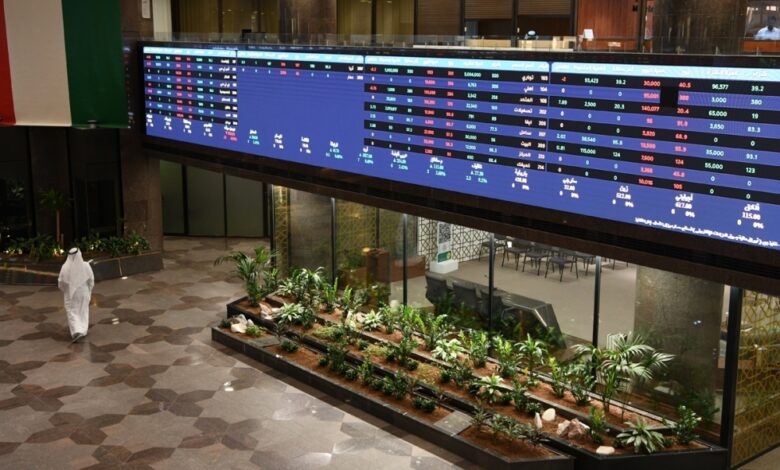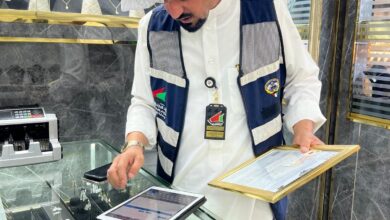Frequent public holidays in Kuwait pose challenges for financial markets

Kuwait observes a wide range of public holidays, including religious events like Eid al-Fitr, Eid al-Adha, the Islamic New Year, the Prophet’s Birthday, and Isra and Mi’raj, along with national holidays such as National Day and Liberation Day, and official occasions like New Year’s Day.
While these breaks provide much-needed rest for citizens and residents, their frequency and duration can create economic challenges, particularly for financial markets.
The Kuwait Stock Exchange, like others in the region, is significantly affected by these holidays. Extended market closures reduce liquidity, disrupt trading activity, and may dampen investor sentiment.
Many investors prefer to hold off on decisions during such periods, leading to market stagnation. Additionally, long closures prevent the market from reacting promptly to global economic or political developments, potentially increasing uncertainty.
Smaller and medium-sized stocks are especially vulnerable to liquidity drops, and long or frequent holidays can deter foreign investors.
Compared to other Gulf countries, Kuwait has more holidays and is generally less flexible in adjusting them. Larger markets like Saudi Arabia’s are better equipped to absorb holiday-related disruptions due to their size and broader investor base.
Authorities may consider revising the holiday calendar to reduce market closures, particularly during long breaks, or exempt the stock exchange from certain holidays to attract more foreign investment.
Learning from international stock exchanges and educating investors on managing their portfolios around holidays could also help improve market efficiency.
In conclusion, while public holidays are vital to national and cultural life, their excessive frequency poses risks to market liquidity and investor confidence. A strategic review of holiday policies may enhance the Kuwait Stock Exchange’s performance and global competitiveness.












